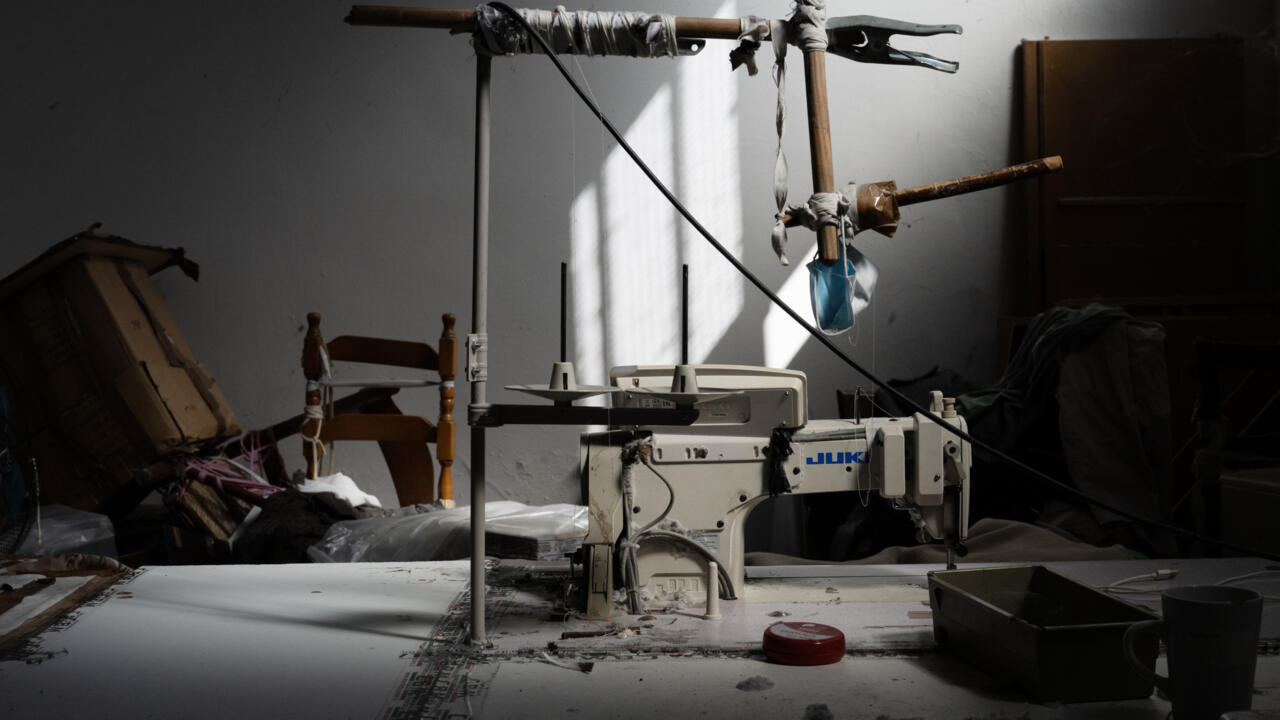Italian police have arrested 13 people in a nationwide operation targeting Chinese mafia and organised crime groups.
The raids, carried out across 25 provinces including Milan, Rome, Florence, Prato and Catania, followed mounting violence between rival Chinese mafia groups. A further 31 individuals were reported to judicial authorities but not detained.
Charges include drug trafficking, aggravated robbery and sex exploitation. Officers also seized 550 grams of “shabu” crystal meth, enough for 5,500 doses.
According to police, the gangs mainly target fellow Chinese nationals, using threats and violence to dominate territory in a manner similar to traditional Italian mafia groups.
Officials said the groups operate with a “deeply rooted concept of revenge,” often escalating into long-running feuds.
Prato: Battleground for Control
The Tuscan city of Prato has become a focal point of Chinese mafia activity, due to its status as Europe’s largest textile hub. Rival groups are reportedly fighting over control of both the local hanger market — estimated to be worth €100 million — and apparel transport routes.
Former Prato police investigator Francesco Nannucci said the gangs also run betting dens, drug networks, and brothels, and offer underground financial services to Italian criminals.
“To command in Prato means to lead in much of Europe,” Nannucci told AFP.
Recent months have seen a sharp increase in violence, including the fatal shooting of a Chinese mafia associate in Rome. Prato’s Chinese community, one of Europe’s largest, has seen business owners and factory workers attacked, while cars and warehouses have been set alight.
Calls for Reinforcements
Prato’s chief prosecutor, Luca Tescaroli, has asked the government for additional police and an anti-mafia unit to respond to the growing threat.
Investigations have also linked Chinese-owned workshops to major luxury brands including Valentino and Armani.
Authorities say many of Prato’s 5,000 Chinese-run textile workshops avoid taxes by operating informally. Fabric is smuggled in from China, and profits are sent back through illegal channels. Last year, the police uncovered a network of Chinese ‘shadow banks’.
The sector depends heavily on low-paid labour from undocumented Chinese and Pakistani migrants. Tescaroli has previously told a Senate committee this workforce is “essential” to the system’s continued operation.





